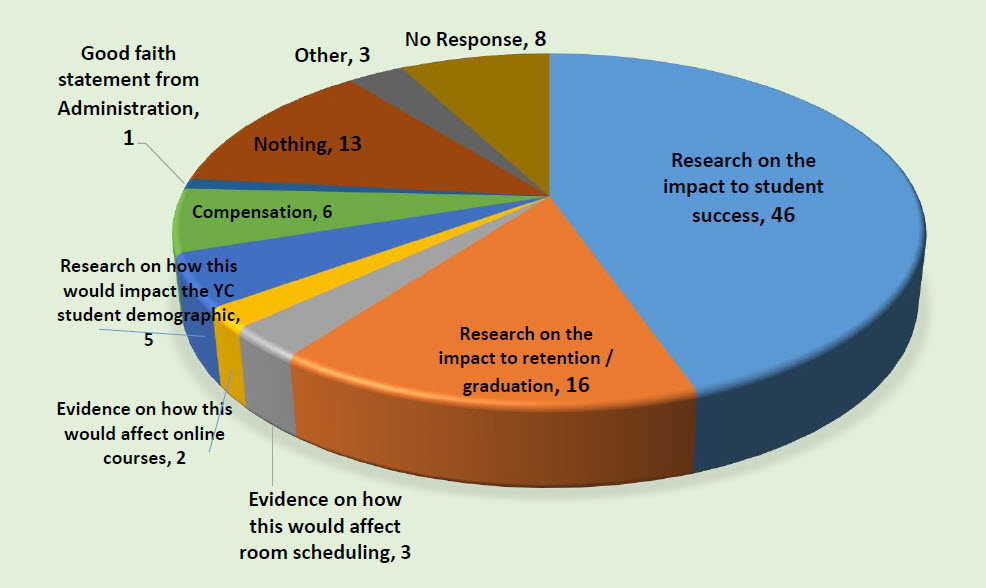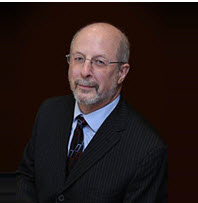CTEC’s No. 1 Fan
Susie Check has been selected to receive the 2017 Yavapai Community College President’s Outstanding Alumna award. The award recognizes her advocacy on behalf of CTEC and its result – student scholarships and student success. Check is an instructional support specialist and a graduate of Yavapai Community College. She has worked at the Community College technical training center since it opened in 2007.
Paul Kirchgraber, Executive Director of the Community College Foundation, said that Check “has helped the Career and Technical Education division gain prominence as the state’s premier tech education and training program and she has worked tirelessly with the Yavapai College Foundation to secure scholarship support for our students.”
For more information about the award, please click here.

Susie Check with daughter Nikki Bagley. (YC Press release photo.)


 Professor David Gorman, president-elect of the Yavapai Community College Faculty Association, provided the Governing Board with the priorities it has set for the coming academic year at the August 12 Board meeting. They include: (a) continuing the student success initiative, (b) creating department chairs for some departments with the goal of improving two-way communication between faculty and the administration, (c) getting faculty more involved in the budgeting process, and (d) carefully reviewing the dual enrollment program. To hear and view Professor Gorman’s report to the Governing Board in its entirety, you may
Professor David Gorman, president-elect of the Yavapai Community College Faculty Association, provided the Governing Board with the priorities it has set for the coming academic year at the August 12 Board meeting. They include: (a) continuing the student success initiative, (b) creating department chairs for some departments with the goal of improving two-way communication between faculty and the administration, (c) getting faculty more involved in the budgeting process, and (d) carefully reviewing the dual enrollment program. To hear and view Professor Gorman’s report to the Governing Board in its entirety, you may